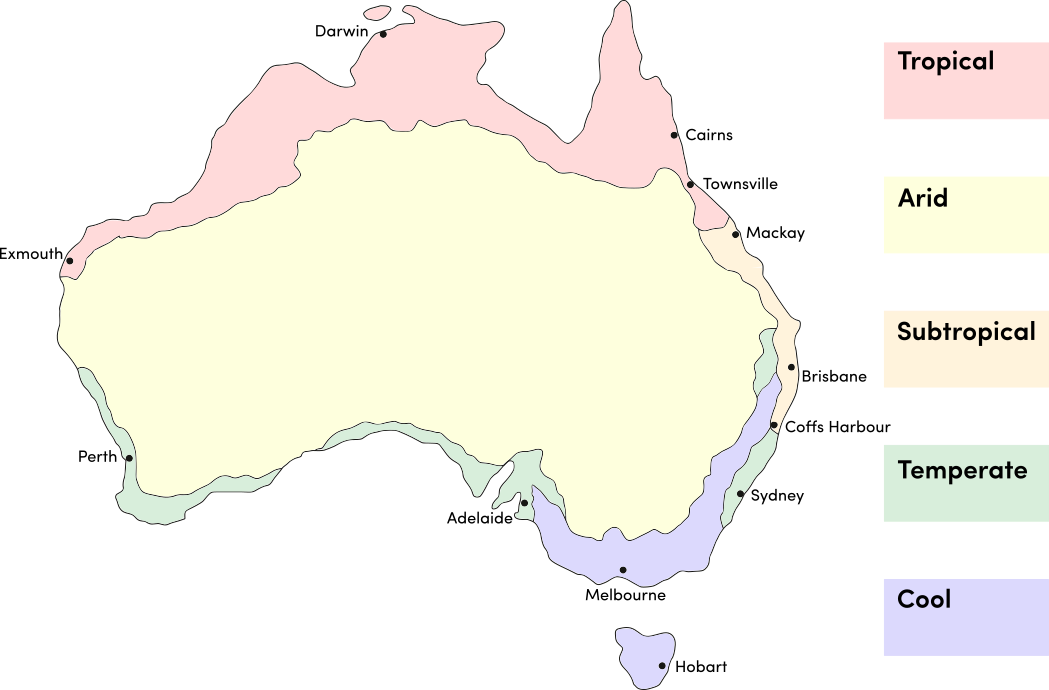Welcome to our last newsletter of 2020! As we look ahead to the start of summer next week, it is the perfect time to get outside in this beautiful weather and get all those summer loving crops sown. There is an extensive range of herbs, veggies and flowers which thrive in warm soil temperatures, sunny positions and hot humid weather, so do yourself a favour and sow them now to make the most of the growing season ahead.
As the year draws to a close we would like to say a big thank you to our loyal customers for choosing us as your seed supplier and for sticking with us throughout the long postage delays and stock shortages we have experienced at various points throughout 2020. We are still busily re-stocking and preparing to kick off 2021 with some new seed varieties!
With Christmas just around the corner more households than ever are doing their Christmas shopping online. We have been busily adding to our range of gardening products and Christnas gifta over the past couple of weeks and there's still plenty of time to get your orders in before the Australia Post Christmas delivery cut off date (10th Dec for Parcel Post, 17th Dec for Express Post).
Whether you're a beginner gardener or a master of your yard, we have some great gardening tips this month including a fool proof guide on growing eggplants and a fascinating article on plant Fasciation.
More Seeds to Sow in December: The links below list more seeds that can be sown now in each climate. Click to browse:
▩ Cold Climate: Tasmania, Melbourne, Mt Gambier, Canberra, etc.
▩ Moderate Climate: Sydney, Perth, Adelaide, etc.
▩ Warm Climate: Brisbane, Bundaberg, Carnarvon, etc.
▩ Tropical Climate: Broome, Darwin, Cairns, Townsville, etc.
▩ Not sure which climate? Click here.
Crop Protection- As your fruit and veggies start to develop it may be necessary to start netting your crops. Fruit trees, berries, grapes, tomatoes and other crops are most at risk of insect infestation and pest damage as they start to ripen. Insect Exclusion Nets are a great way to protect your fruit and vegetables from caterpillars, possums, birds, fruit fly, moths and other bugs. Build-a-Frame brackets are an easy way of creating a netting frame using hardwood stakes over your vegetable patch to attach an exclusion net to. Ensure your net is tied or pegged tightly at the sides and bottom to stop pests getting in. If you are netting an entire tree you can gather all the sides neatly around the trunk and use a cloth-based tie to tie it tightly so that you don’t damage the trunk of your tree. If the idea of netting an entire tree or vegetable patch is too daunting, you can still protect your crops using fruit protection bags to protect individual fruits or clusters of fruit and vegetables.
Watering- Over the heat of summer make sure to keep the water up to your plants to help increase yields. Water your plants at regular intervals as required and remember to water as early in the morning and as close to ground as possible. If you’re not sure when to water, try using a Soil Moisture Meter inserted into the ground to the depth of your plants root system to gauge when your plants require watering.
Soil wetter is another great way of helping maximise water usage and reduce water requirements. This specially designed product can help decrease watering by up to 50% by increasing water penetration through soil and decreasing lost water through run-off. It also contains amino acids to assist the plant is using water more effectively. Of course, if your plants are suffering from heat stress a regular application of seaweed solution can assist with plants ability to cope with heat stress.
Sowing Tips- It’s definitely not too late to sow seeds for a summer harvest. Vegetable varieties such as Chillie, Tomatoes, Eggplants, Melons and Beans germinate much better in the warmer soil conditions. It’s also a great time of year to sow herbs; sowing Basil now will give you a great harvest in around 50-60 days! To ensure the soil around your seeds remains moist until germination occurs, plant your seeds into slightly larger pots than you usually would, so they retain moisture for longer periods between watering. Soil in small pots or small-celled punnets will dry out faster in the heat.
Planting seeds into Biodegradable Pots is another great way of helping to retain moisture between watering as these pots do not dry out or heat up as quickly as traditional plastic pots. They're also great in preventing transplant shock which means there's no growing time lost while plants are trying to re-establish themselves. On incredibly hot days make sure your seedlings have some protection from the sun. If you are growing in biodegradable pots, you can sit them in a shallow tray with a small amount of water and they will stay damp due to their natural moisture-wicking construction, making sure to move your seeds into a sheltered location out of the direct sun first so you don’t boil your plants root system.





